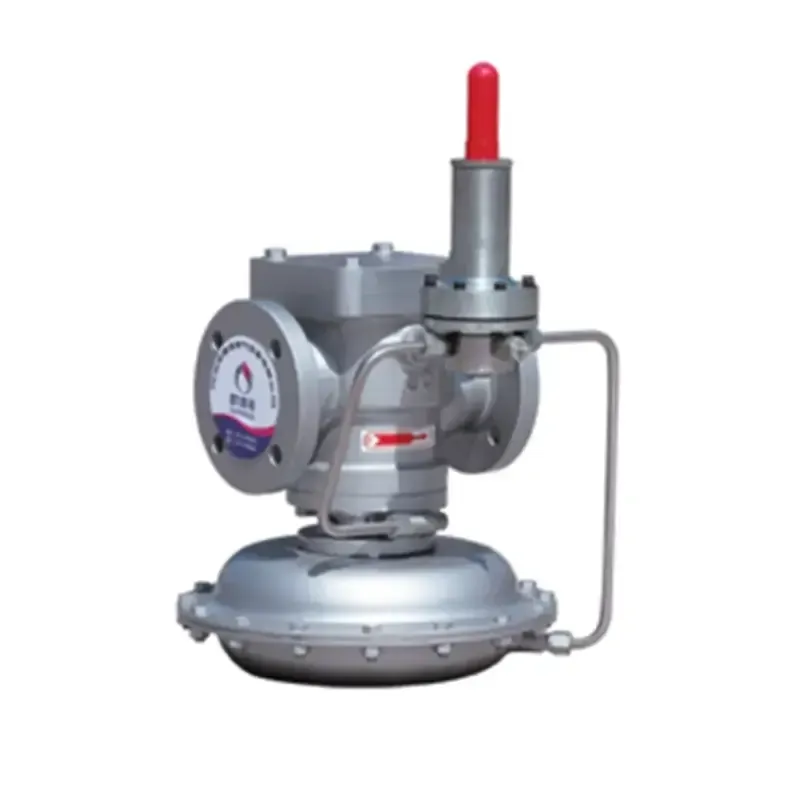
Nov . 09, 2024 09:24
Back to list
High-Performance Voltage Regulator for Enhanced Precision and Stability in Electronic Circuits
Precision Voltage Regulators Ensuring Stable Power Supply
In the world of electronics, the importance of a stable and reliable power supply cannot be overstated. Voltage regulators play a critical role in maintaining the desired output voltage by adjusting the input voltage dynamically. Among various types of voltage regulators, precision voltage regulators stand out due to their ability to deliver highly accurate output voltages, minimizing variations and ripple, which is essential for sensitive electronic devices.
Understanding Precision Voltage Regulators
Precision voltage regulators are specifically designed to provide stable voltage outputs with minimal deviation from the desired value, despite fluctuations in the input voltage or load conditions. They achieve this through advanced feedback mechanisms and the use of high-quality components that minimize temperature drift and other forms of interference.
The key characteristics of precision voltage regulators include
1. High Accuracy Precision voltage regulators offer output voltages with a tolerance of ±1% or better. This high level of accuracy is crucial for applications requiring exact voltage levels, such as in amplifiers, ADCs (Analog-to-Digital Converters), and sensitive sensors.
2. Low Output Noise These regulators are engineered to produce minimal output noise, ensuring that the power supply does not introduce unwanted signals into the system. This feature is particularly critical for audio and RF applications where signal integrity is paramount.
3. Thermal Stability Precision voltage regulators maintain their output voltage across a wide temperature range. This thermal stability is essential for devices that operate in varying environmental conditions.
4. Fast Transient Response The ability of a voltage regulator to quickly respond to changes in input voltage or load current is vital in maintaining the desired output during dynamic conditions. Precision voltage regulators are designed to handle these transient changes effectively.
Applications of Precision Voltage Regulators
The applications of precision voltage regulators are vast and varied. They are commonly used in
- Medical Devices In medical instrumentation, accuracy and reliability are non-negotiable. Precision voltage regulators ensure that sensitive diagnostic equipment receives a stable power supply, thereby enhancing performance and reliability.
precision voltage regulator

- Telecommunications In telecom systems, precision regulators help maintain consistent power levels for communication equipment, improving signal quality and reducing downtime
.- Instrumentation For measurement and testing devices, accuracy in voltage supply translates to precision in measurements. Precision voltage regulators are essential for laboratory setups and industrial applications where accurate readings are critical.
- Consumer Electronics Many consumer devices, such as smartphones and tablets, rely on precision voltage regulators to manage battery power effectively, ensuring optimal performance and longevity.
Designing with Precision Voltage Regulators
When designing circuits using precision voltage regulators, engineers must consider several factors to optimize performance
1. Input Voltage Range Selecting a regulator with an appropriate input voltage range ensures compatibility with the power supply while maintaining efficiency.
2. Load Conditions Understanding the maximum load current helps in selecting a regulator that can handle anticipated demands without overheating or drifting from its specified output.
3. PCB Layout The physical layout of the PCB can significantly impact the performance of voltage regulators. Short traces, proper grounding, and adequate decoupling capacitors contribute to reducing noise and improving transient response.
4. Thermal Management While many precision regulators are designed to handle heat, implementing proper thermal management techniques, such as heatsinks or thermal vias, can enhance reliability and performance.
Conclusion
Precision voltage regulators are indispensable in modern electronic design, offering the stability and accuracy necessary for a wide range of applications. As technology continues to advance and power demands become more intricate, the importance of these regulators will only grow. By ensuring that circuits receive a dependable power supply, precision voltage regulators facilitate innovation across multiple sectors, from consumer electronics to critical medical devices. As engineers continue to push the boundaries of what's possible, precision voltage regulators will remain a cornerstone of reliable electronic design, powering the future of technology.
Latest news
-
Safety Valve Spring-Loaded Design Overpressure ProtectionNewsJul.25,2025
-
Precision Voltage Regulator AC5 Accuracy Grade PerformanceNewsJul.25,2025
-
Natural Gas Pressure Regulating Skid Industrial Pipeline ApplicationsNewsJul.25,2025
-
Natural Gas Filter Stainless Steel Mesh Element DesignNewsJul.25,2025
-
Gas Pressure Regulator Valve Direct-Acting Spring-Loaded DesignNewsJul.25,2025
-
Decompression Equipment Multi-Stage Heat Exchange System DesignNewsJul.25,2025

